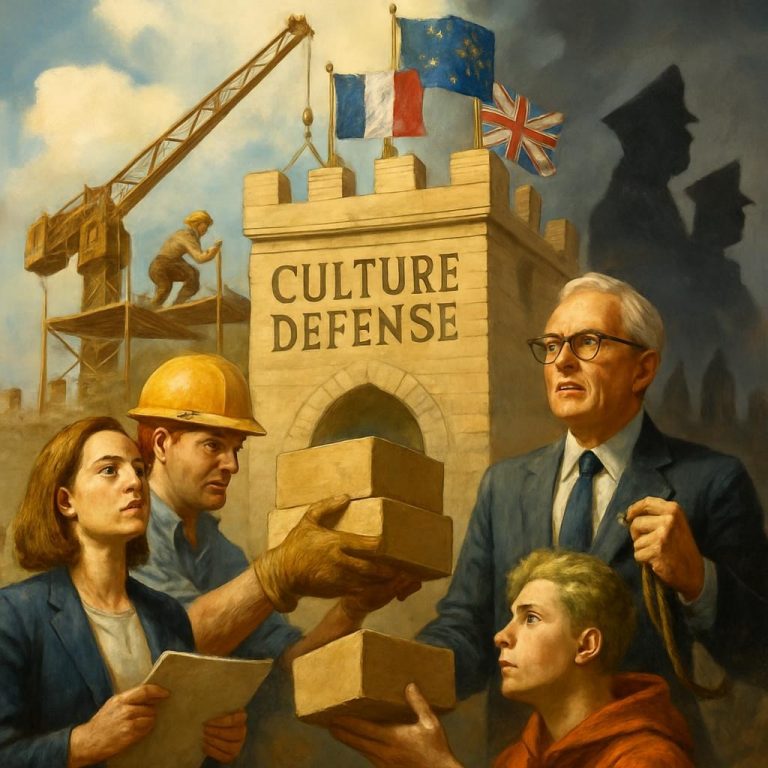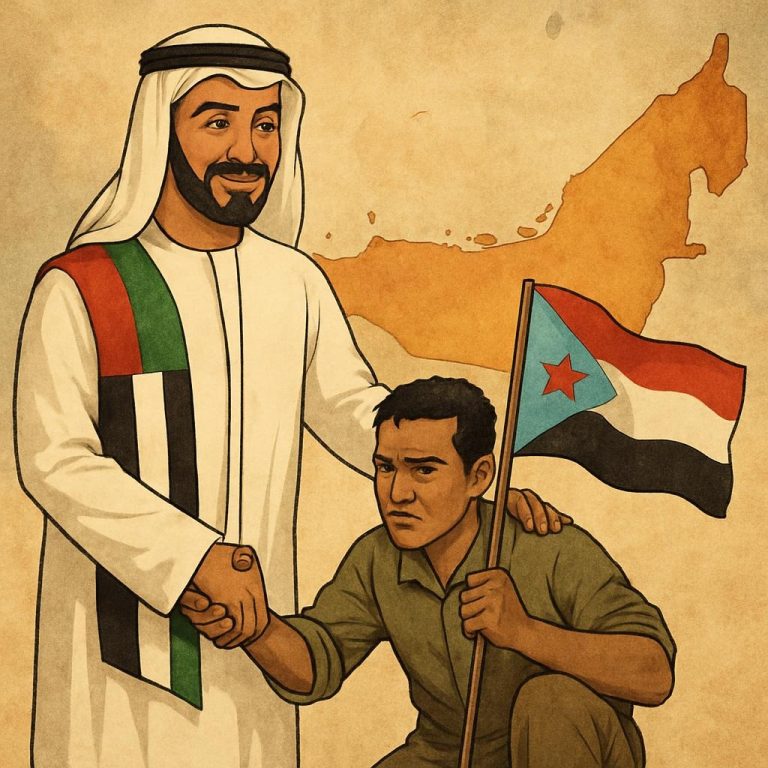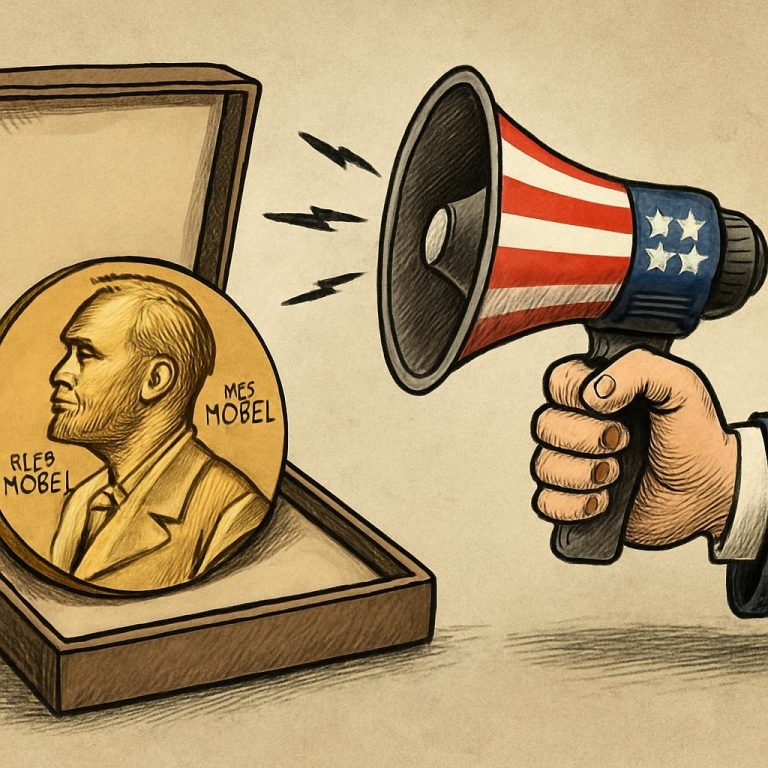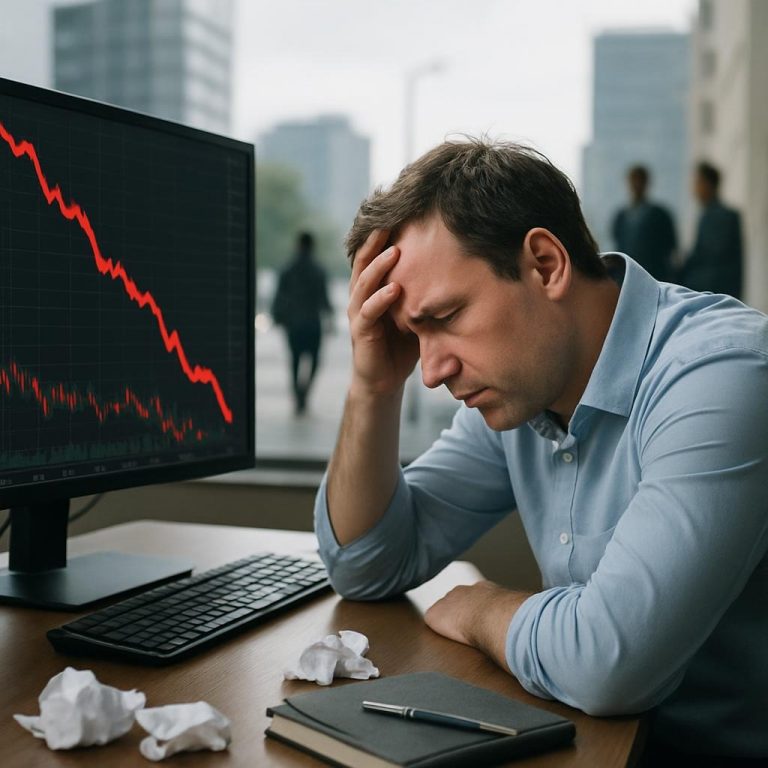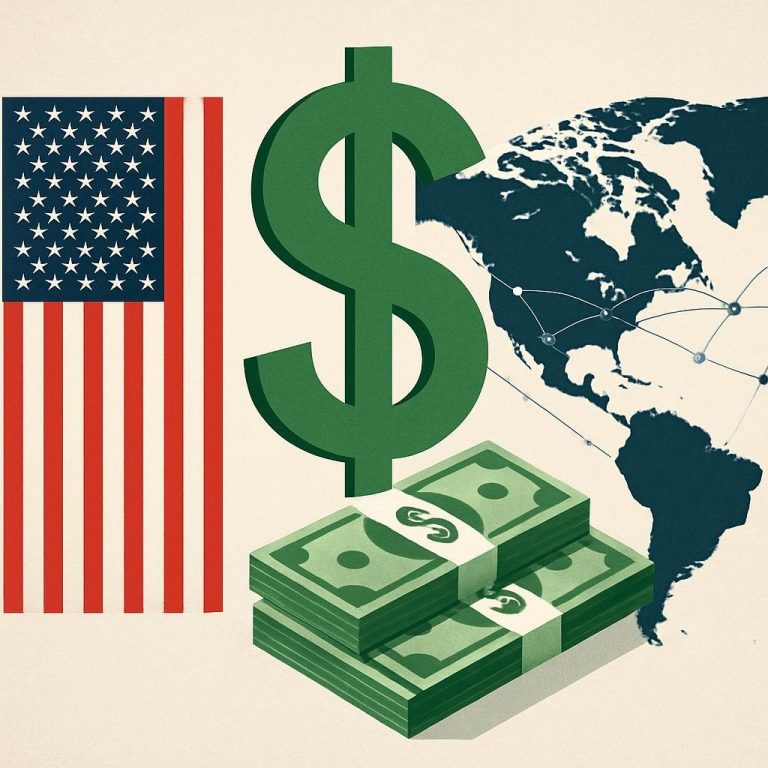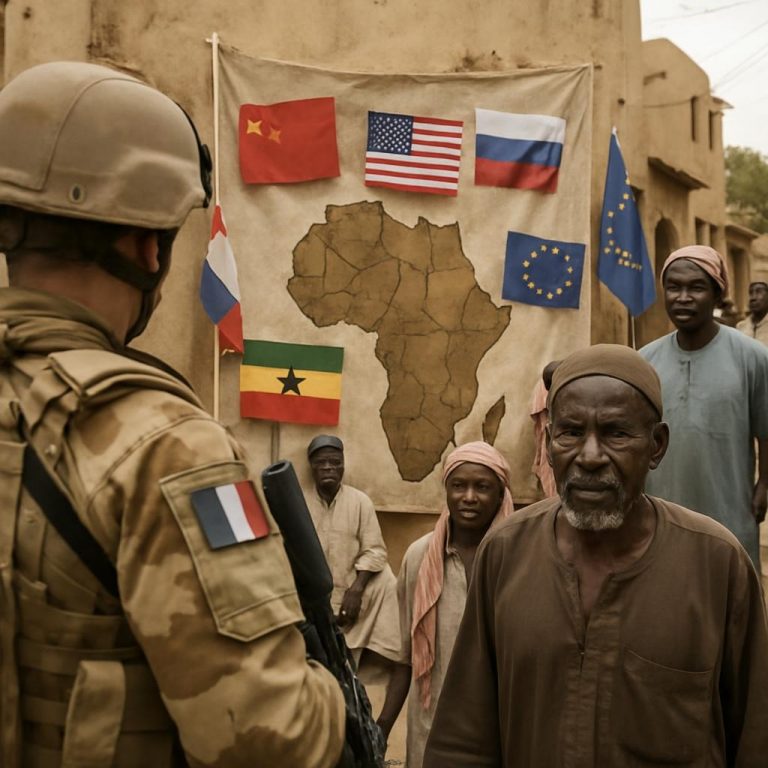
The likelihood of revolution in Russia hinges on a volatile mix of historical precedent, generational divides, economic strain, and elite fragmentation—while civil society and underground movements persist despite repression.
🧠 Political and Social Dynamics
- Historical Precedents: Russia’s past uprisings—from the 19th-century peasant revolts to the 1917 revolutions—were driven by systemic inequality and war fatigue. Today’s conditions echo these triggers, but are met with stronger state control and digital surveillance. Source imrussia.org
- Public Opinion Shift: Since the Ukraine invasion, Russians have moved from shock to apathy. While 57% report being “happy,” dissent is suppressed and many support the war as defense against the West. Source Atlantic Council
- Youth Attitudes: Despite hopes, most young Russians remain apolitical and loyal to the regime. Digital literacy doesn’t translate into political activism. Source Russia.Post
- Civil Society’s Role: Independent journalism and regional activism persist underground, but repression has hollowed out formal civic structures. Source Royal United Services Institute
- Kremlin Propaganda: While effective in shaping domestic narratives, covert propaganda abroad has largely failed. Internal dissent still simmers beneath the surface. Source The University of Manchester
💸 Economic Pressure and Sanctions
- Impact on Daily Life: Sanctions have disrupted imports, raised inflation, and strained regional budgets. Yet many Russians report limited personal hardship. Source atlasinstitute.org
- Risk of Unrest: Economic hardship alone may not trigger mass protests. The poor benefit from war spending, while the middle class erodes. Source The New Voice of Ukraine
- Elite Fragmentation: Sanctions have atomized Russia’s elites, limiting their mobility and deepening internal competition. Source Carnegie Endowment for International Peace
- Economic Resilience: Russia’s economy has adapted via trade with China, India, and Turkey. However, long-term growth potential is shrinking. Source DW
- Vulnerable Sectors: Regional governments face fiscal collapse, while industries reliant on Western tech—like aviation and finance—are most exposed. Source The Moscow Times
🔥 Revolutionary Triggers and Mobilization
- Catalysts: Military defeat, failed mobilization, elite defection, or returning veterans could ignite revolt. Source explaininghistory.org
- Underground Movements: Groups like BOAK, Stop the Wagons, and Freedom of Russia Legion operate covertly, targeting infrastructure and spreading dissent. Source Wikipedia
- Military Defeats: Losses in Ukraine have strained morale and budgets, creating domestic security gaps. Source Royal United Services Institute
- Failed Mobilization: The 2022 conscription led to mass emigration and protests, especially in ethnic regions. Source ovd.info
- Returning Soldiers: Veterans may fuel crime, instability, and political unrest—echoing post-Afghan war dynamics. Source newsukraine.rbc.ua
🌍 International Influence and Comparisons
- Western Support: NGOs and governments aid exiled dissidents with visas, platforms, and funding, though more could be done. Source United States Institute of Peace
- Lessons from Neighbors: Belarus and Kazakhstan show that repression can suppress revolts, while Ukraine’s success hinged on unity and Western backing. Source Foreign Policy
- Global Impact: A Russian revolution could destabilize Eurasia, disrupt energy markets, and reshape alliances. Source JSTOR
- China’s Response: China may seek stability over ideology, balancing its strategic partnership with Russia against global fallout. Source atlasinstitute.org
- Nuclear Risks: A revolution could compromise command and control, especially if AI systems are involved. Source Springer
🛡️ Regime Stability and Repression
- Security Apparatus: Russia’s military and police remain robust, with overlapping agencies and digital repression tools. Source CNA
- Repression Risks: Escalating protests face brutal crackdowns, torture, and mass arrests. Source CSIS
- Internal Divisions: Rivalries among intelligence agencies and military factions could weaken regime cohesion. Source Congress.gov
- Putin’s Popularity: His approval remains high, but is increasingly shaped by perceptions of regime strength rather than policy success. Source Cambridge University Press & Assessment
- Revolution Type: Experts suggest a gradual transition is more likely than a sudden collapse, though radical shifts remain possible. Source Carnegie Endowment for International Peace
🎥 Documentary Recommendations
- “Putin’s Witnesses” – Watch on PBS
- “Navalny” – Watch on HBO Max
- “Russia’s War” (BBC Panorama) – Watch on BBC
- “Winter on Fire” (Ukraine’s Revolution) – Watch on Netflix
- “The Rise of Putin” (Frontline) – Watch on PBS
Keywords: Russia revolution, civil resistance, sanctions, Putin regime, Russian youth, Kremlin propaganda, underground movements, elite fragmentation, military dissent, global security, nuclear command, authoritarianism, regime change, Eurasian stability.
